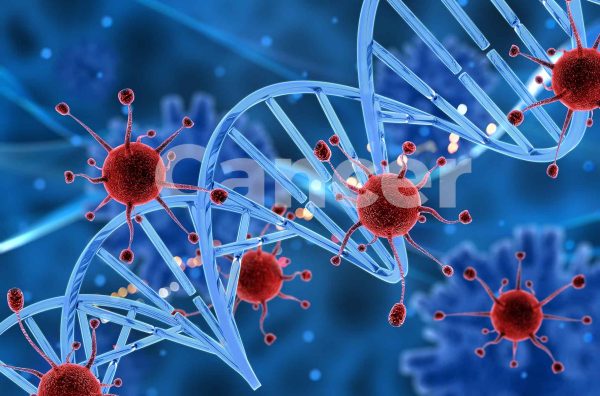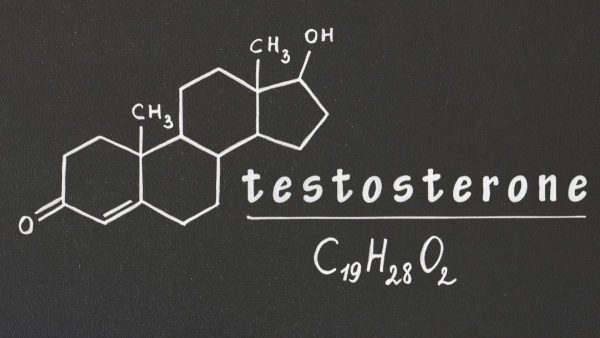With all the bump to masculinity that testosterone may provide, the hormone itself seems magical, let alone the tales around it. The media has been interested in testosterone for a while now. As a consequence, a great deal of information—including false information—about its been publicly disclosed and accepted as true.
Your human body is indeed a sophisticated machine. The systems and organs throughout the body are interconnected and cooperative. Each of them plays a specific duty and therefore is largely in charge of a different aspect of the body’s operation, yet together they all work properly.
While discussing topics like the immune system, for example, many individuals prefer to remember about it, but forget about that when discussing testosterone.
Myth 1: Having Less Testosterone As You Age Is Normal

Male characteristics including a high voice, growth of body hair, and physical power are developed by boys with the aid of the sex hormone testosterone. To produce sperm, it is also necessary.
While some testosterone loss is natural as you get older, not every guy needs to have his testosterone levels checked.
You may want to talk with your doctor about treatment options if your levels of testosterone are less than what is regarded as healthy and are experiencing symptoms like weariness, difficulty concentrating, and a sudden loss of desire in sex.
Anyone, regardless of age, can have low testosterone, so it’s critical to be aware of the signs and be tested if you suspect you may have it with centertrt.org.
Myth 2: The Mechanisms Of Action Of Testosterone Boosters Are Universal
That cannot be true and is not true. It’s like if you declared that every drug sold at a drugstore works the same way and treats the same illnesses. They don’t, though. For testosterone enhancers, the same principle holds true.
Although they both seek to raise your body’s testosterone levels, the methods used aren’t necessarily the same. Some of them gradually raise testosterone and have long-lasting effects. Some have a shorter half-life and function more like a testosterone injection.
Myth 3: Only Your Sex Drive Is Affected by Low Testosterone
Yes, having low testosterone may be to blame for your lack of desire for sex. But levels of testosterone can also have an impact on your body and mind.
The following signs of low testosterone may also be present:
- You lose focus easily and would not have quite as much stamina as you once had. You become weary easily.
- You can feel depressed, irritable, or suffer unexplainable mood changes.
- You could notice that you’re losing muscle and become weaker over time.
- Additionally, you could notice that the hair is thinning noticeably and that your bone density has decreased.
- If you take testosterone, you’ll get taller.
And why precisely would you? In terms of human height, puberty marks the end of growth. Most people cease becoming taller after adolescence. Neither during the procedure nor subsequently, testosterone is unrelated. Because puberty starts and finishes at different periods for different people, this myth may have been made up.
Perhaps someone equated testosterone with youth. The problem is that in comparison to persons with more prominent frames, those with smaller frames can only sustain much more weight and height organically. This does not imply that testosterone levels will be lower in smaller individuals.

Myth 4: Your Sperm Count Will Rise With Testosterone Replacement
Sadly, that is not the case. Your sperm count may decline while taking the medicine you will have to take as half of the testosterone replacement therapy. Human chorionic gonadotropin (hCG) and clomiphene citrate are two fertility drugs that can increase sperm production by increasing natural testosterone levels. If you’re worried about your fertility, consult a doctor about these drugs.
Your muscular strength and bone mass will rise with testosterone treatment. You’ll also see that your energy level will rise as this takes effect over time.
Myth 5: You’ll Get Younger Thanks To Testosterone
There is no time machine for testosterone. It is true that men’s testosterone levels decline with age. Increased testosterone intake can lessen it, but it cannot turn the clock back. The misconception that testosterone makes individuals younger is unsupported by the long-term study, despite certain short-term advantages that resemble a return to youth.
Myth 6: Your Risk Of Cancer And Heart Disease Can Increase With Testosterone Replacement Therapy
This is a significant issue since it might affect your health. However, neither of these ideas is clearly supported by any evidence.
It is generally accepted that this form of treatment can lessen any cardiovascular problems you may already be dealing with. Cancer is not brought on by testosterone replacement treatment.
On the other hand, if you already possess prostate cancer, your body’s increased testosterone levels might slow its development. Before beginning any therapy, it is advisable to talk to your doctor about any worries you might have.

Myth 7: The Impact Improves With Increased Ingestion
Improved mood, quicker post-exercise recovery, and muscular development are a few favorable short-term effects of increased testosterone dosage. Unfortunately, excessive testosterone use will have negative side effects, just like any overdose. It will stop the body from producing testosterone naturally. If a testosterone consumer stops using the supplements, it could take the body a while to recover.
Myth 8: Online Testosterone Supplement Purchases Are Secure
The majority of supplements may be a waste of money and time because they have little to no effect on testosterone production or levels. Online testosterone programs without direct treatment (such as physician visits and follow-up care) might be dangerous. It is, therefore, preferable to have your doctor write you a prescription for these.
This enables your doctor to control the dosage you get while continuing to keep an eye on your development over the course of your therapy.
Before beginning any treatment, you must have a blood test to assess your testosterone level. If you want to start treatment, you must also have a follow-up test. Getting a precise diagnosis might also aid in ruling out any further major health issues you could be experiencing.
Conclusion
Testosterone has developed a legend of its own. The very next time you encounter a misconception regarding the effects of testosterone, consider it carefully. The majority of them will be based on a rumor that has been at least 100 times altered by gossipers. For the most accurate information, consult sources that have been supported by science.




